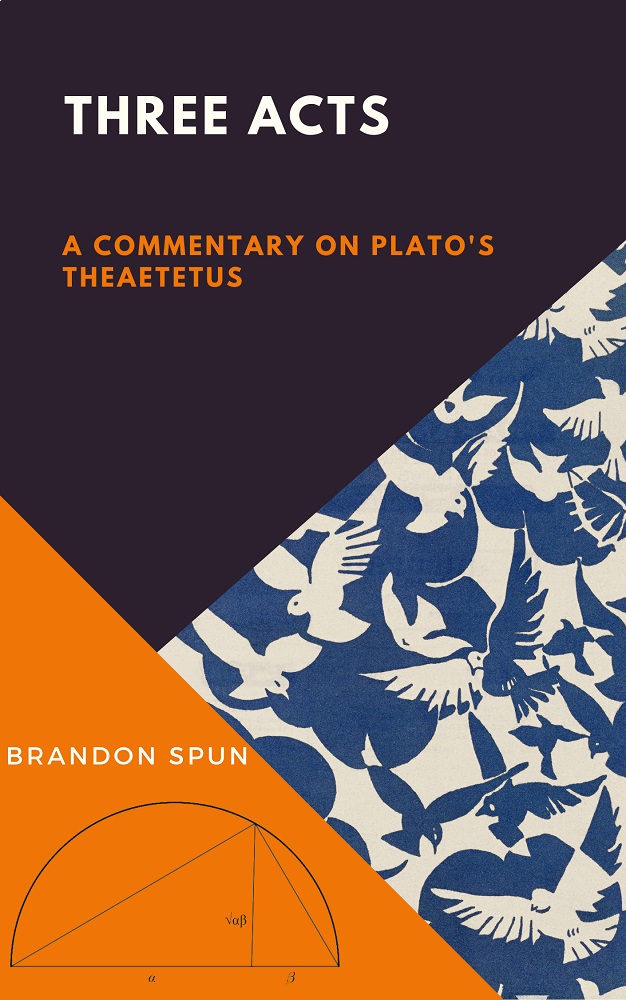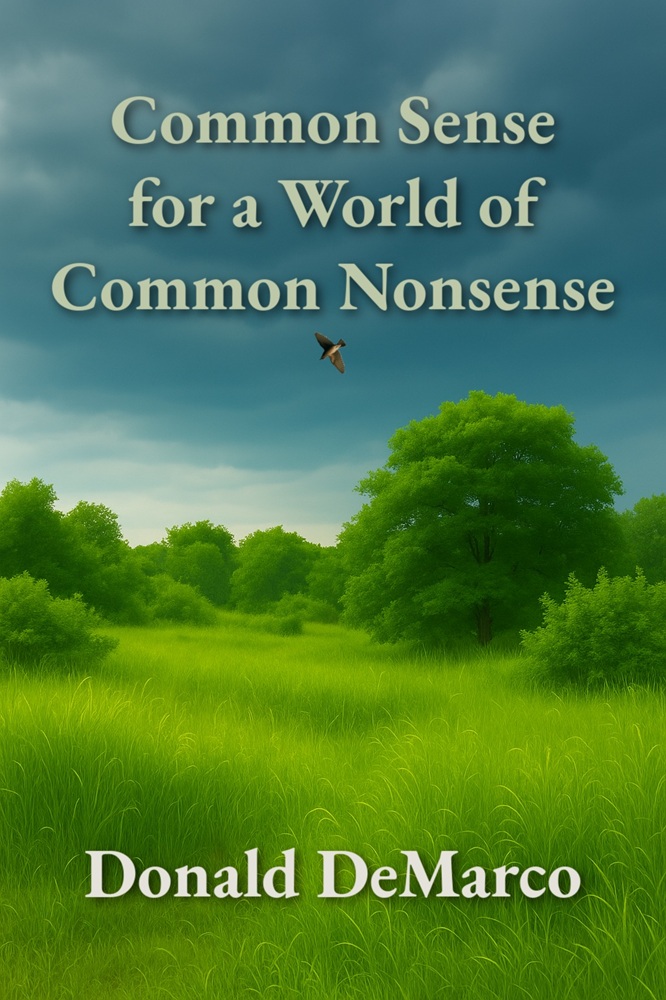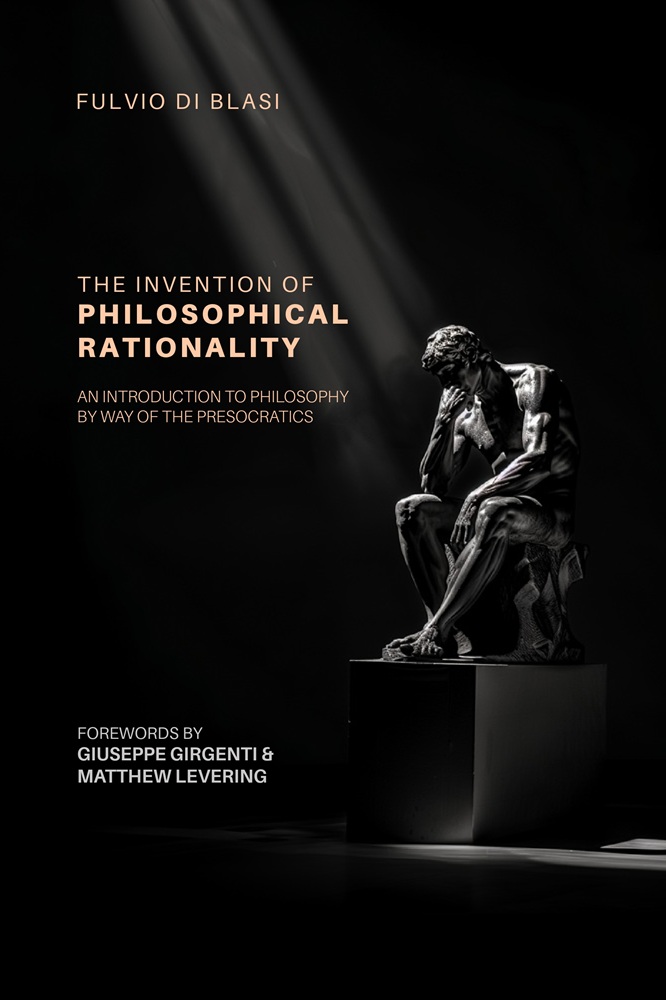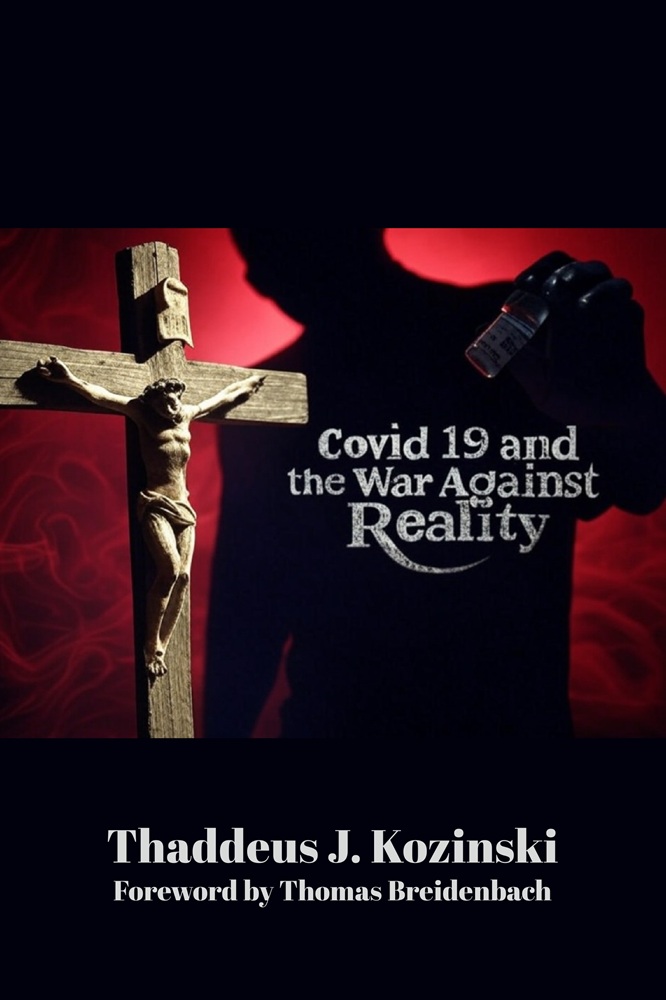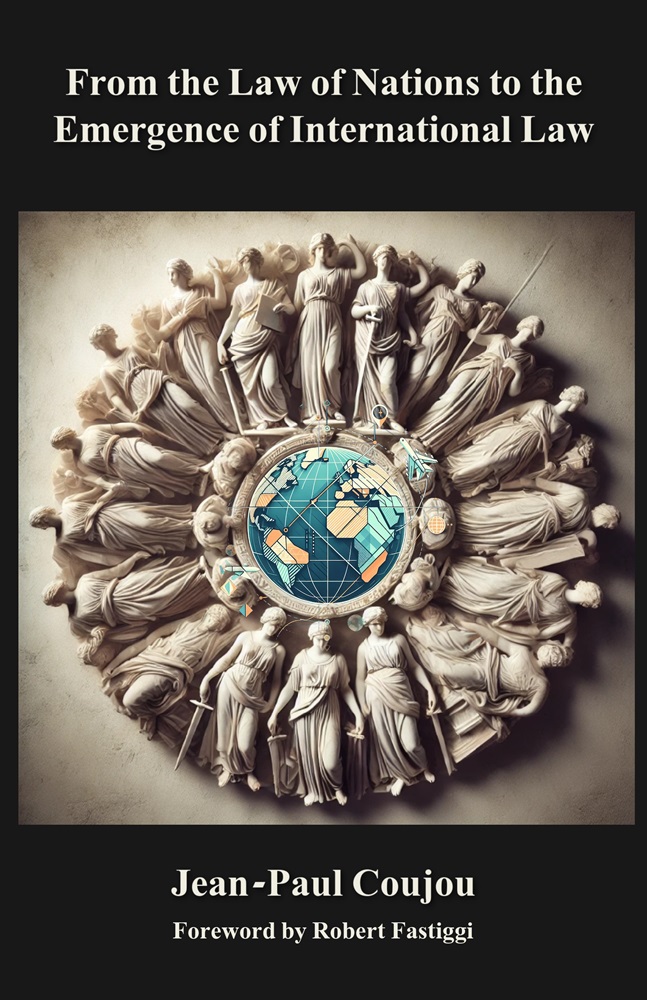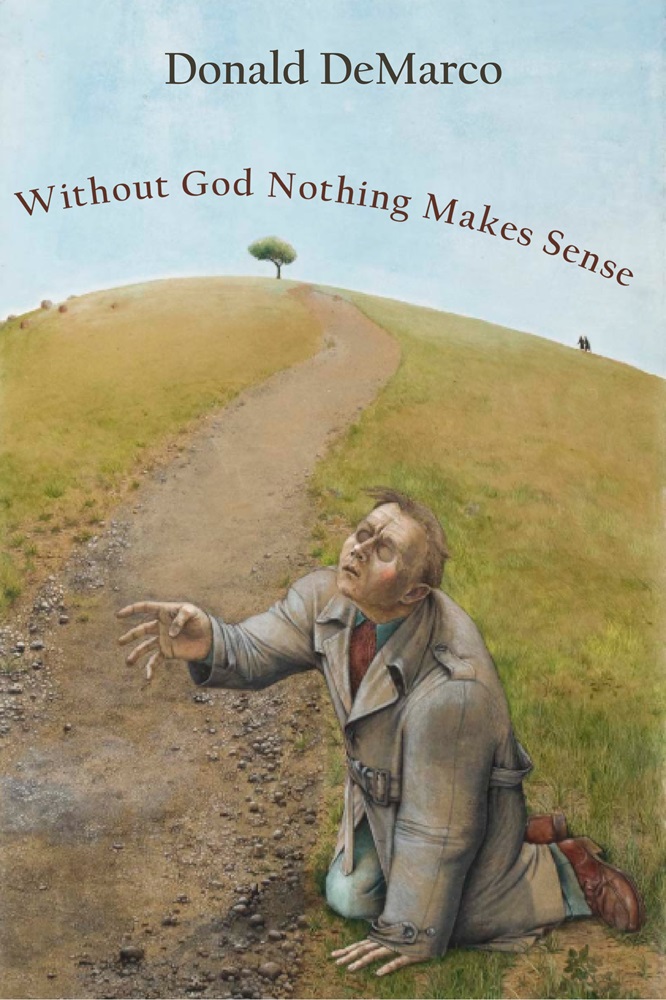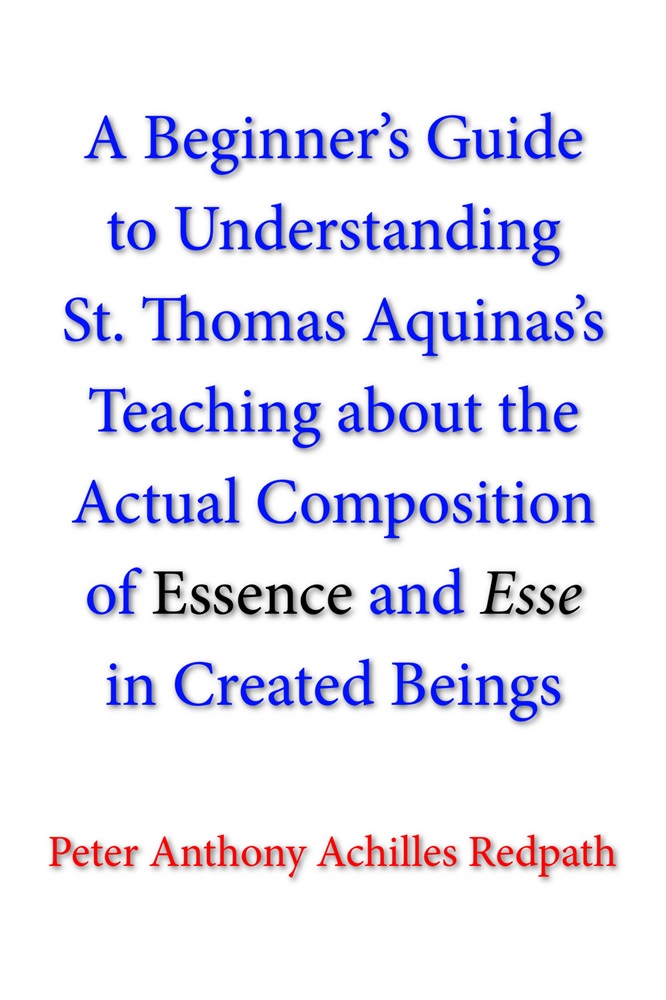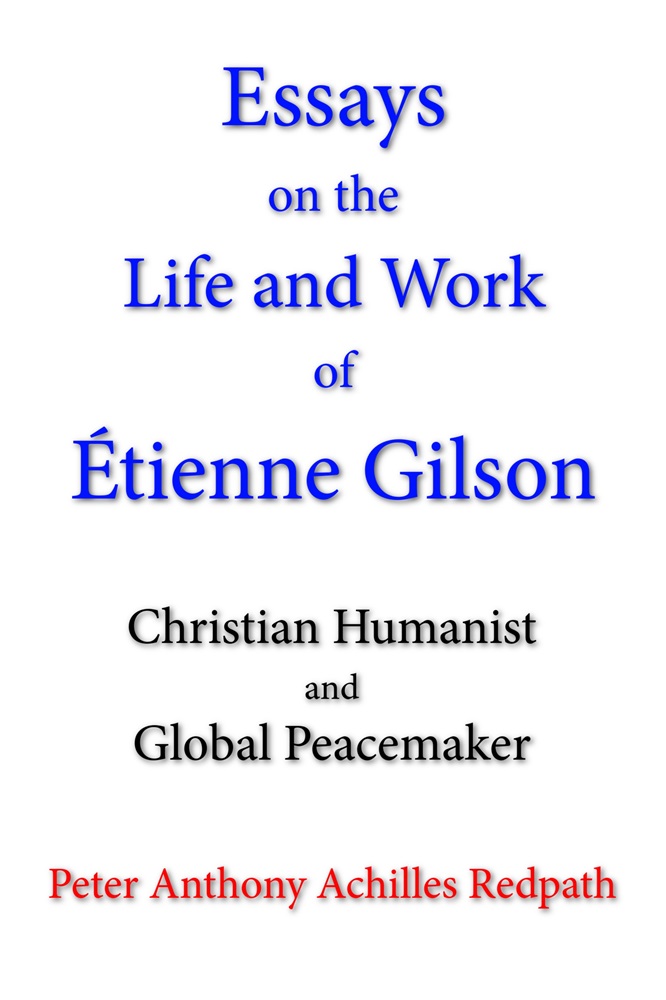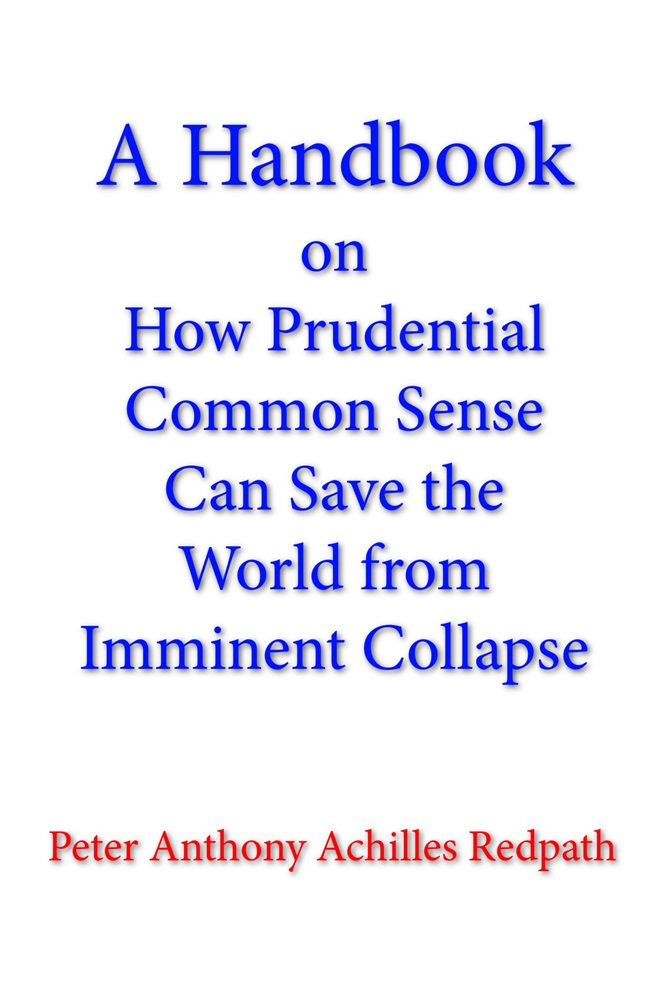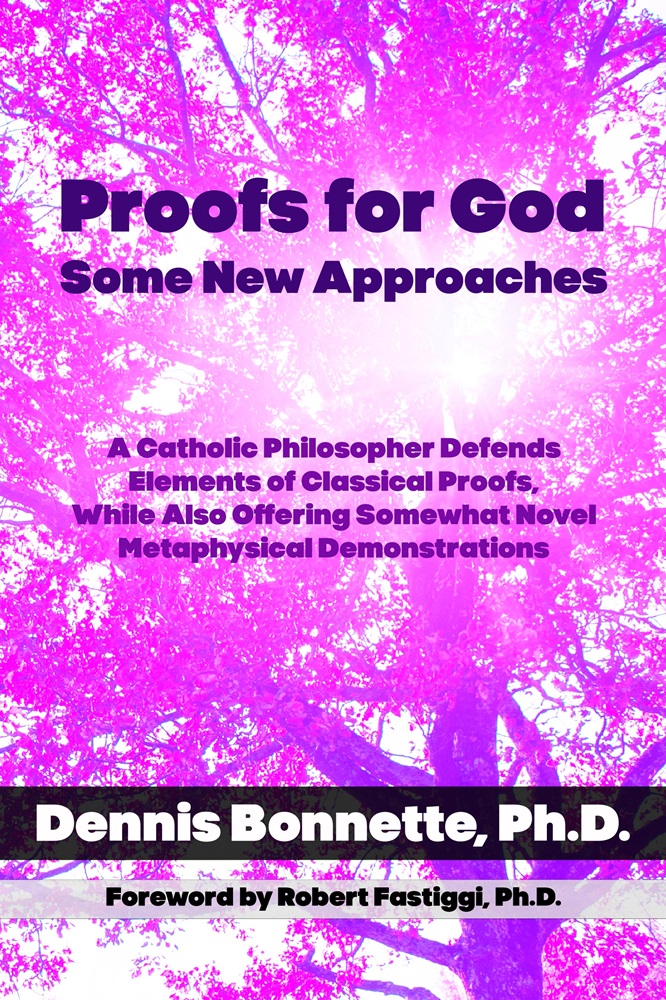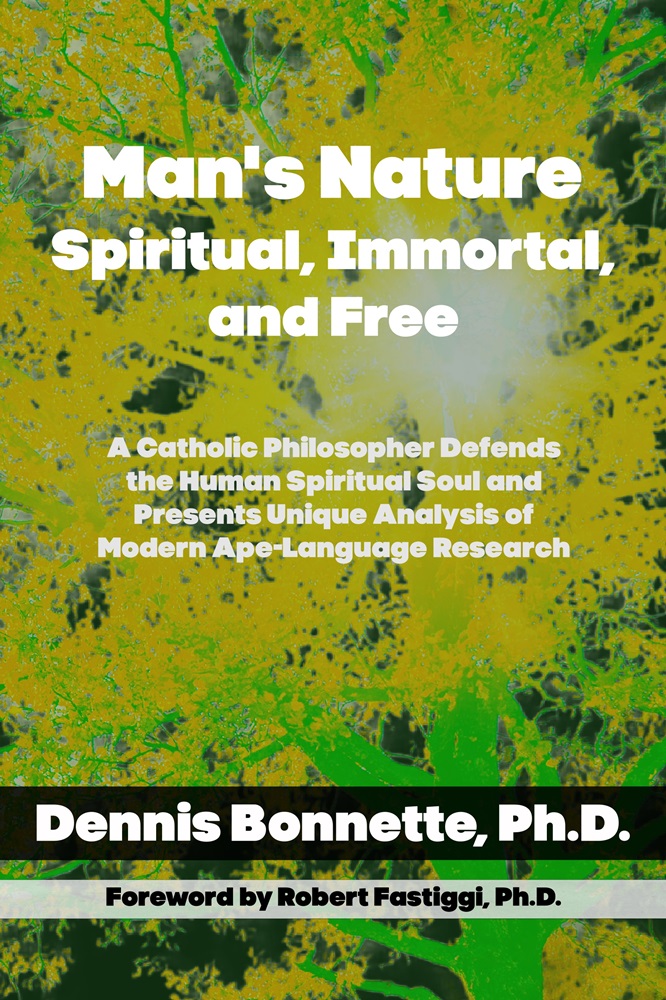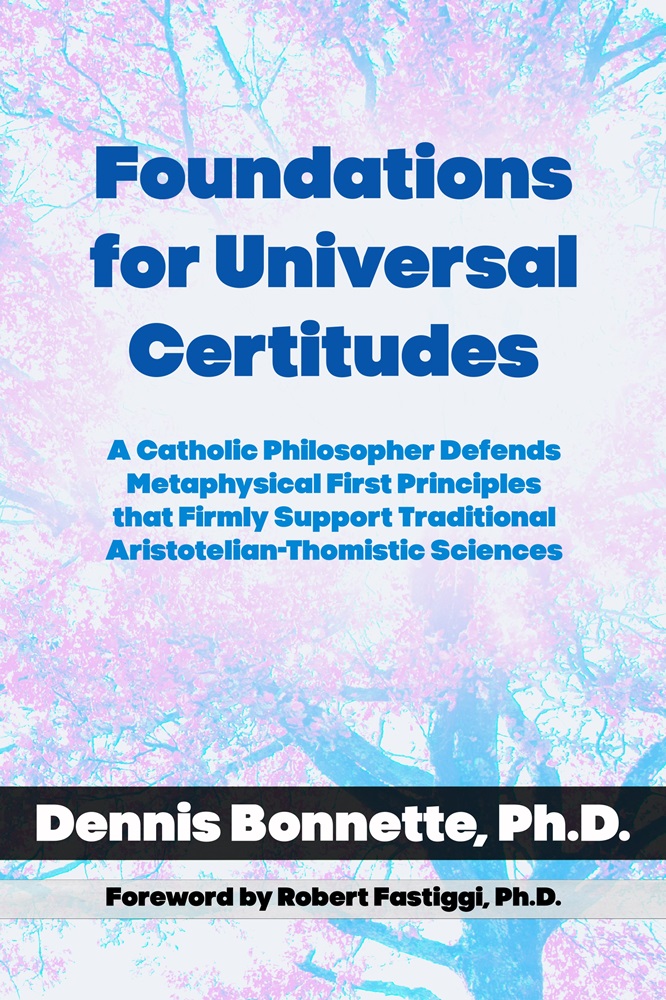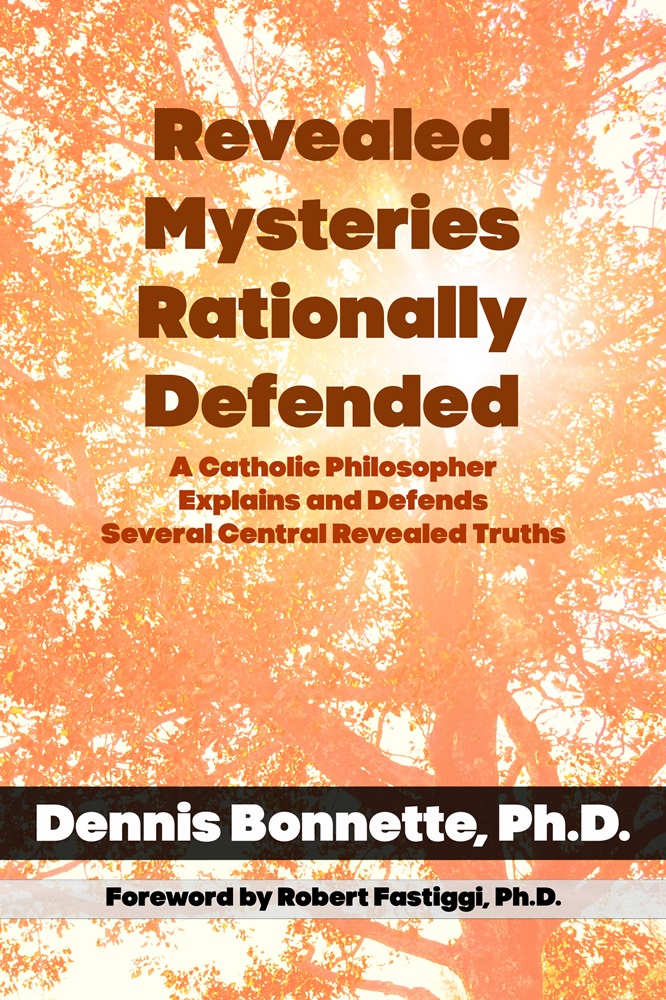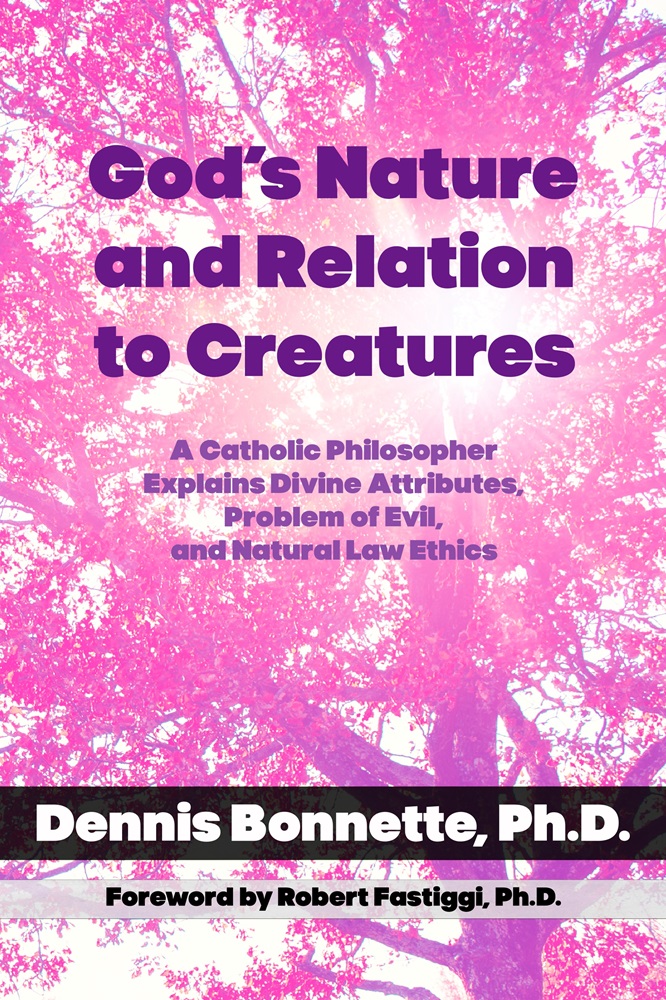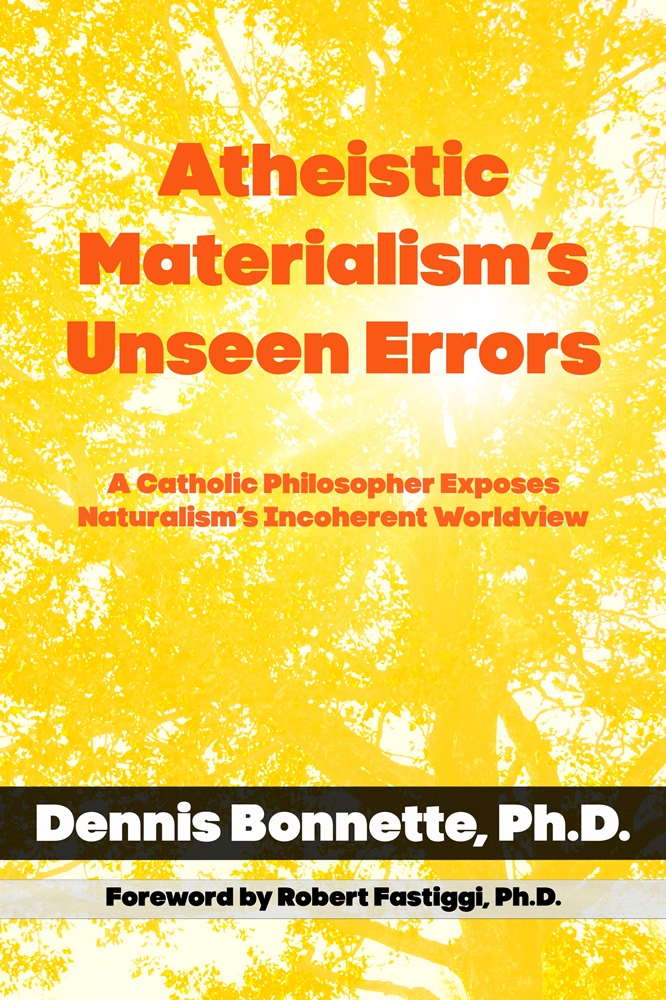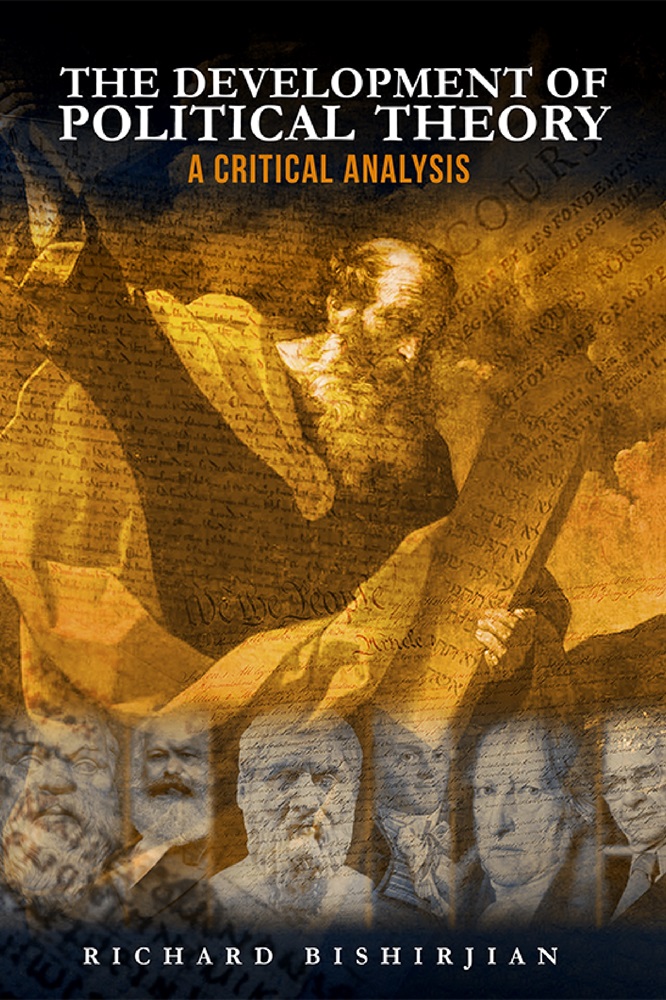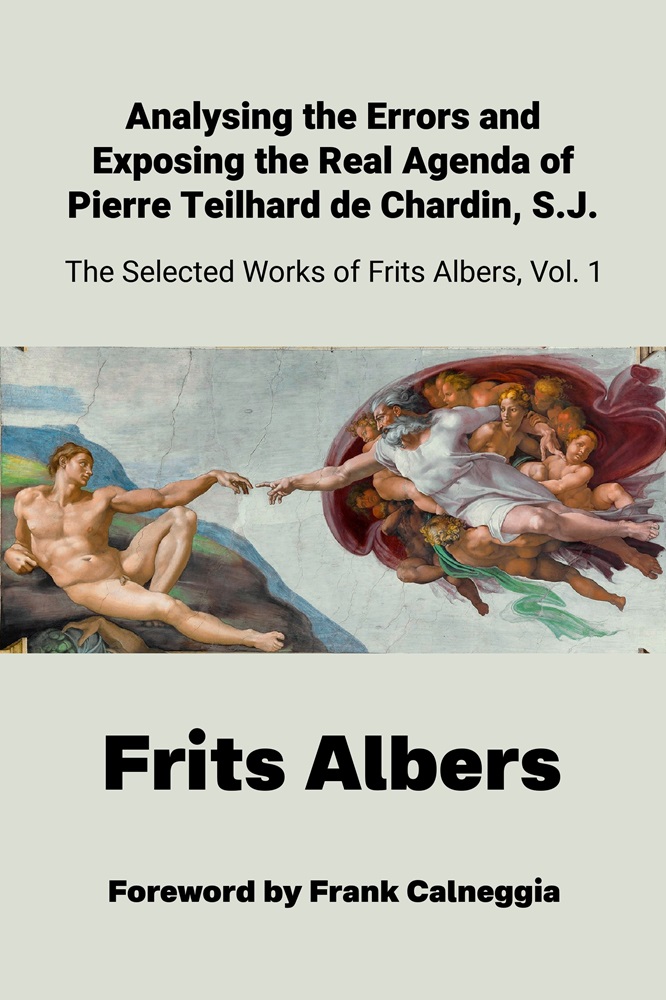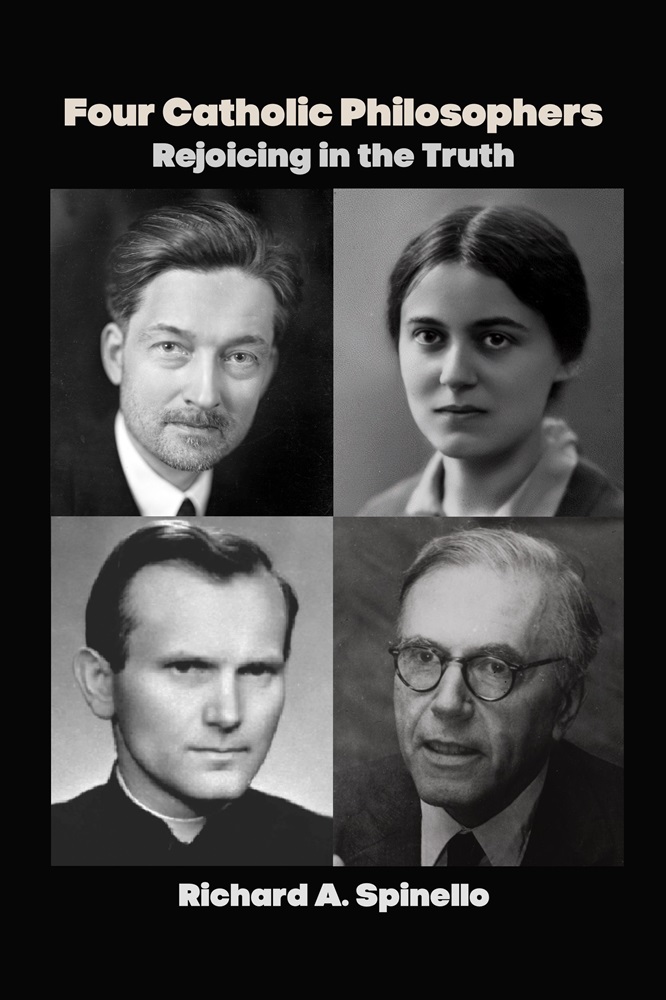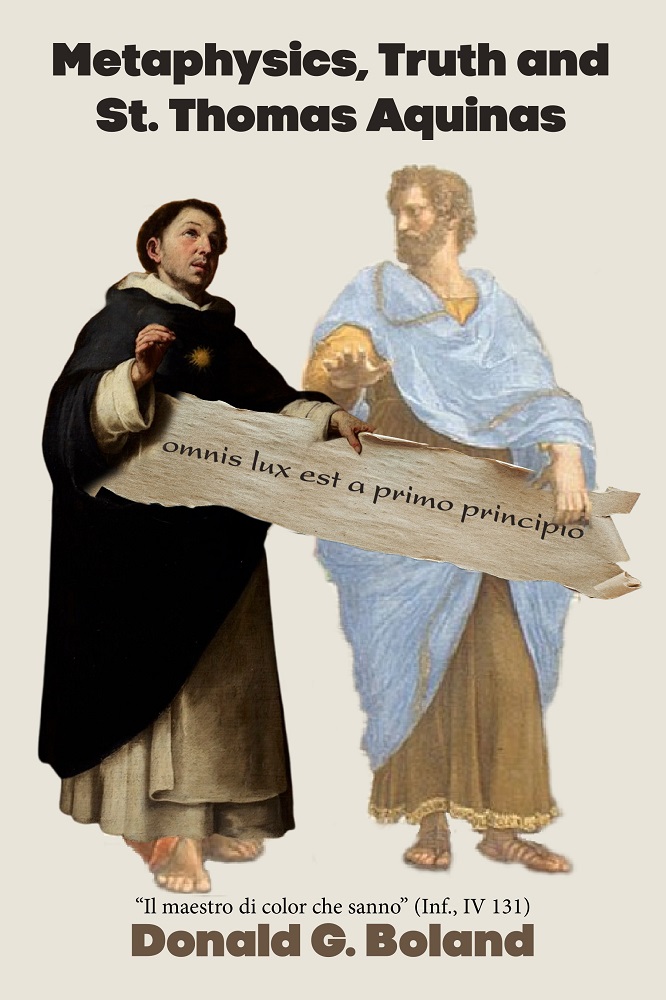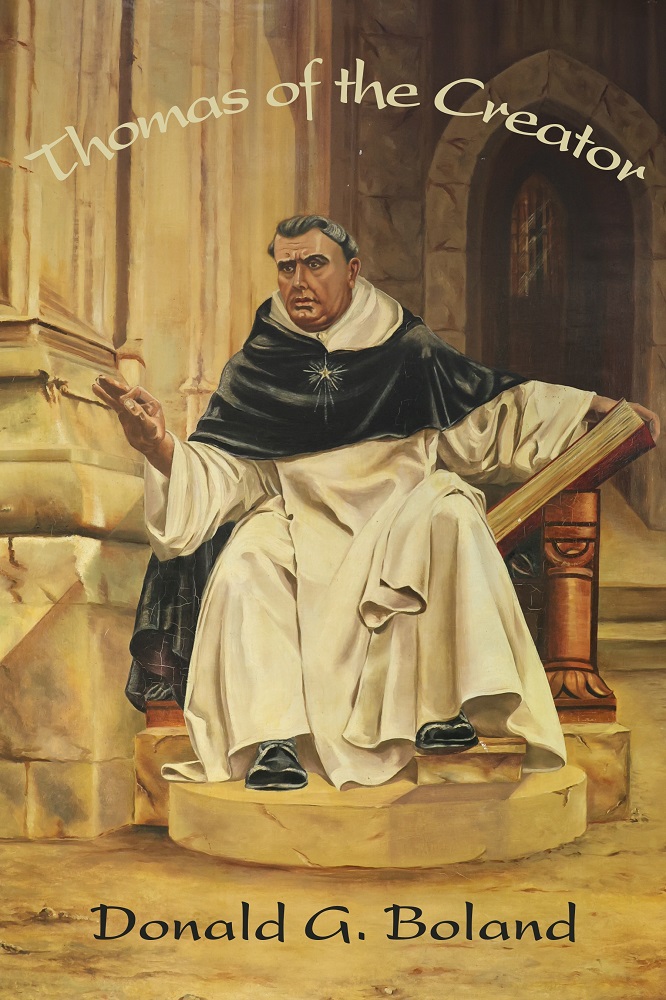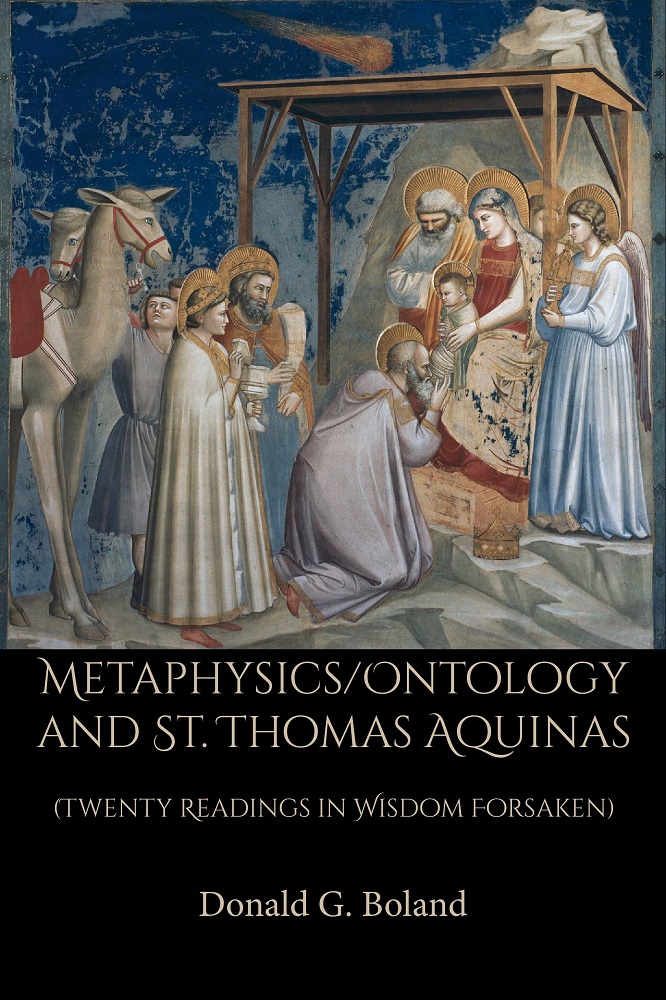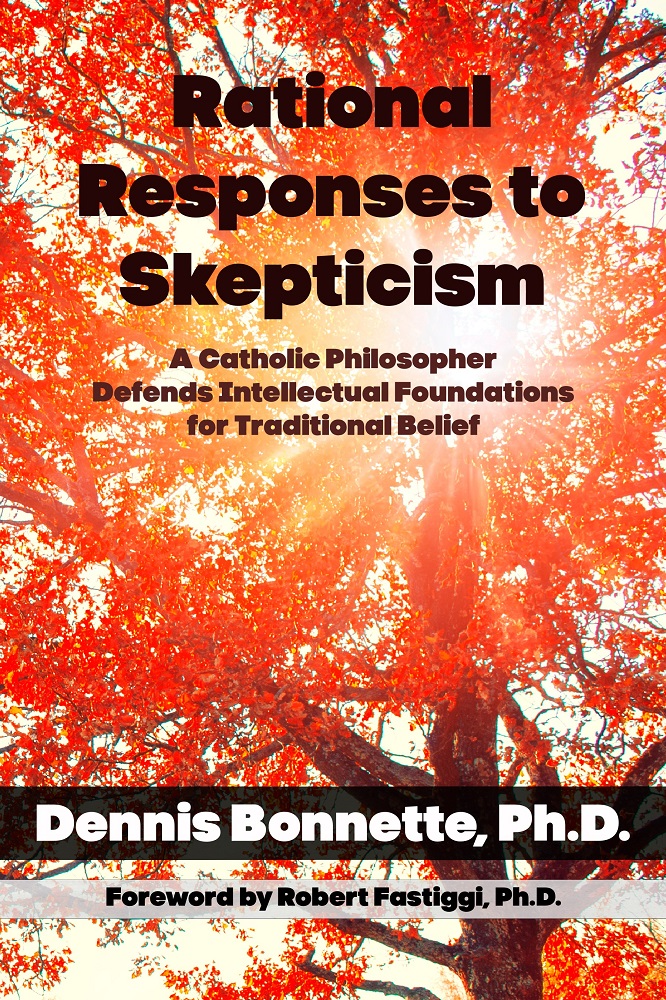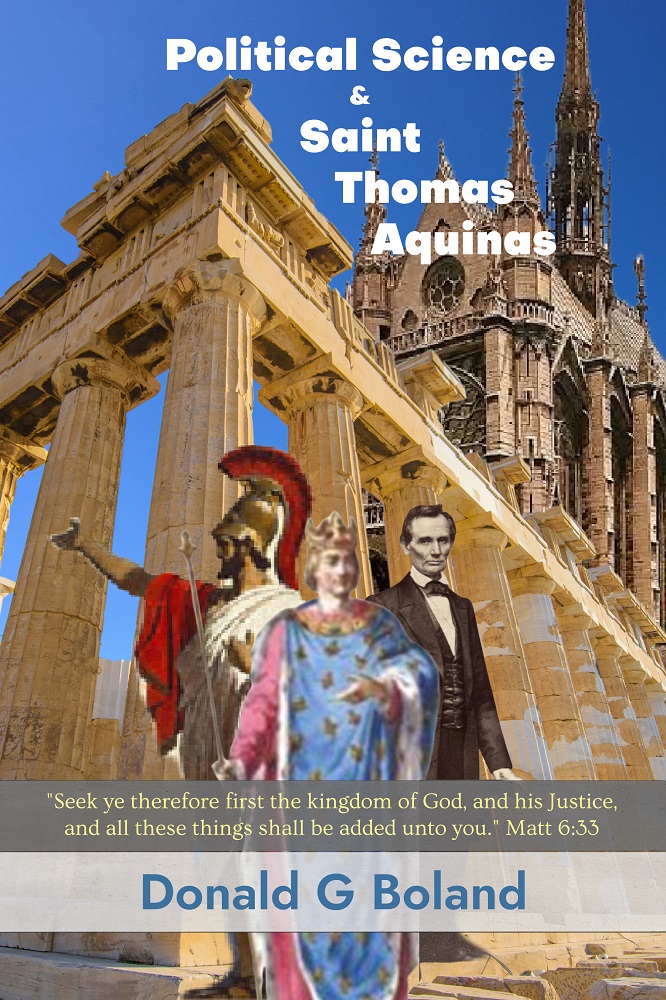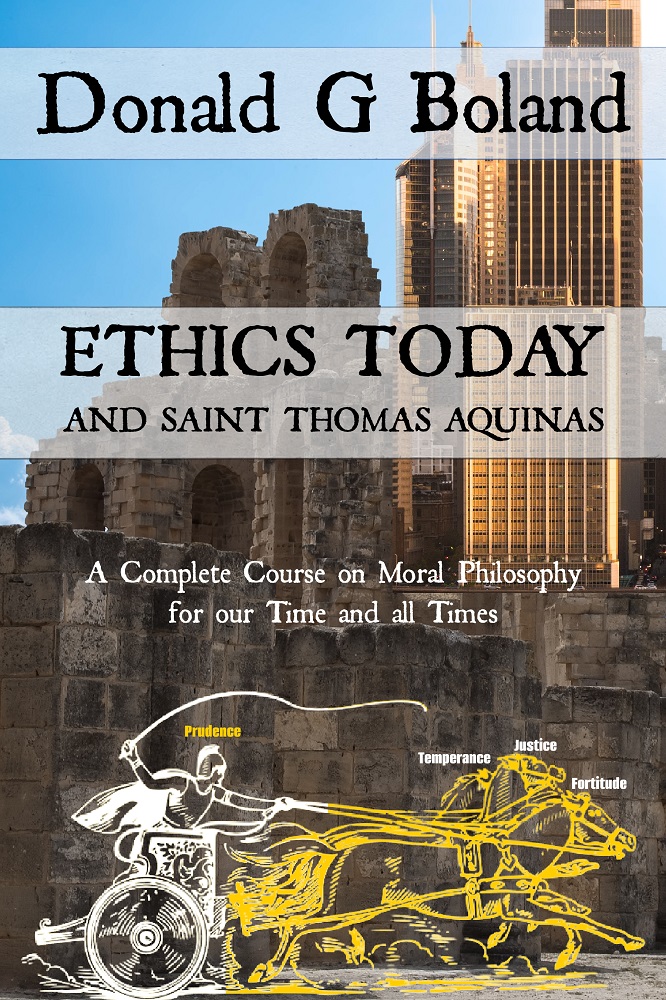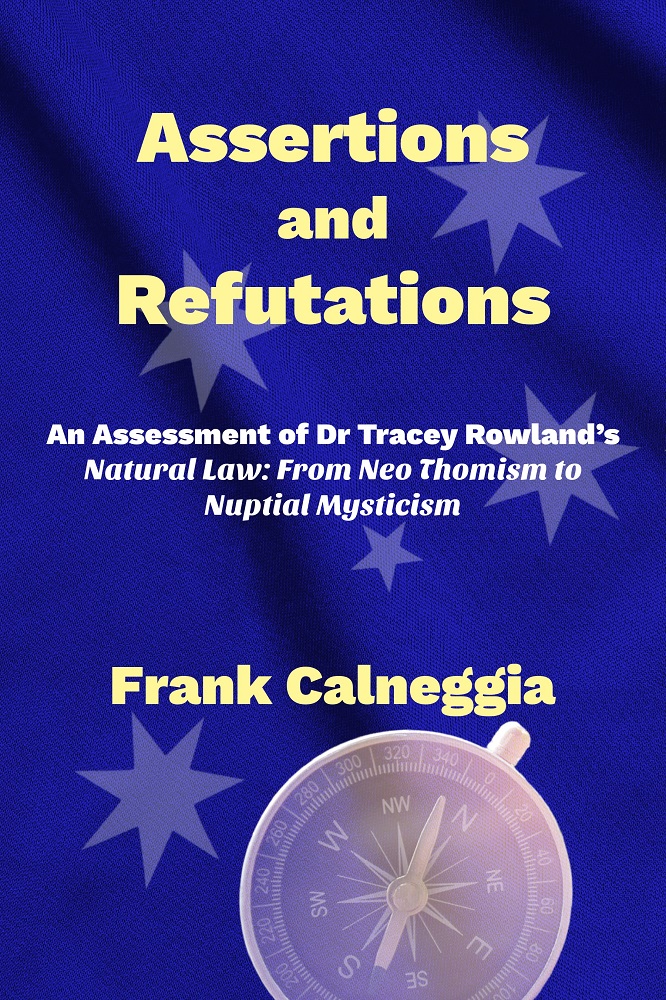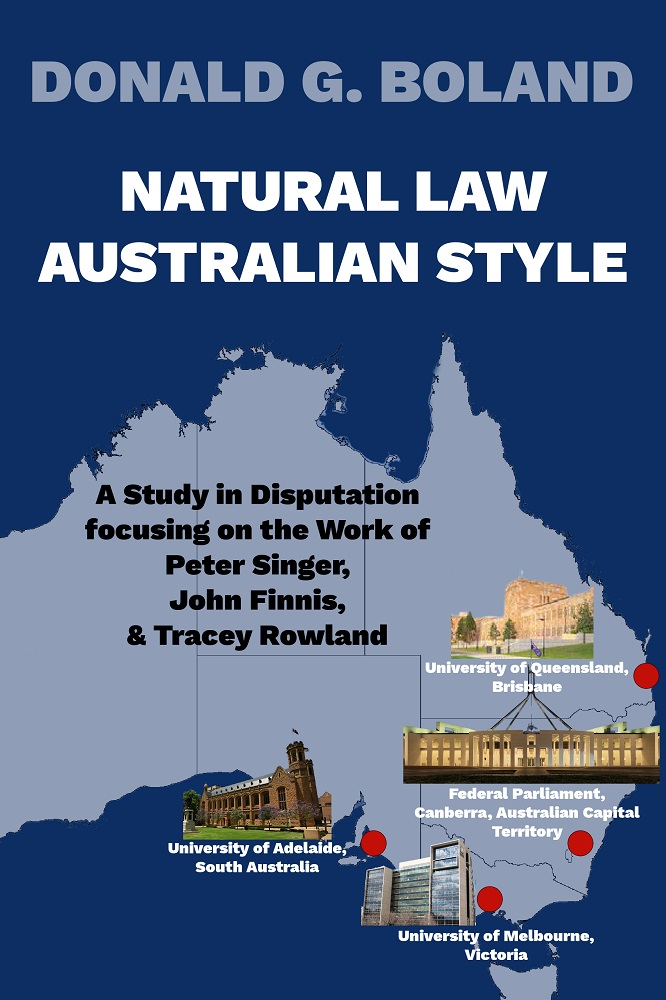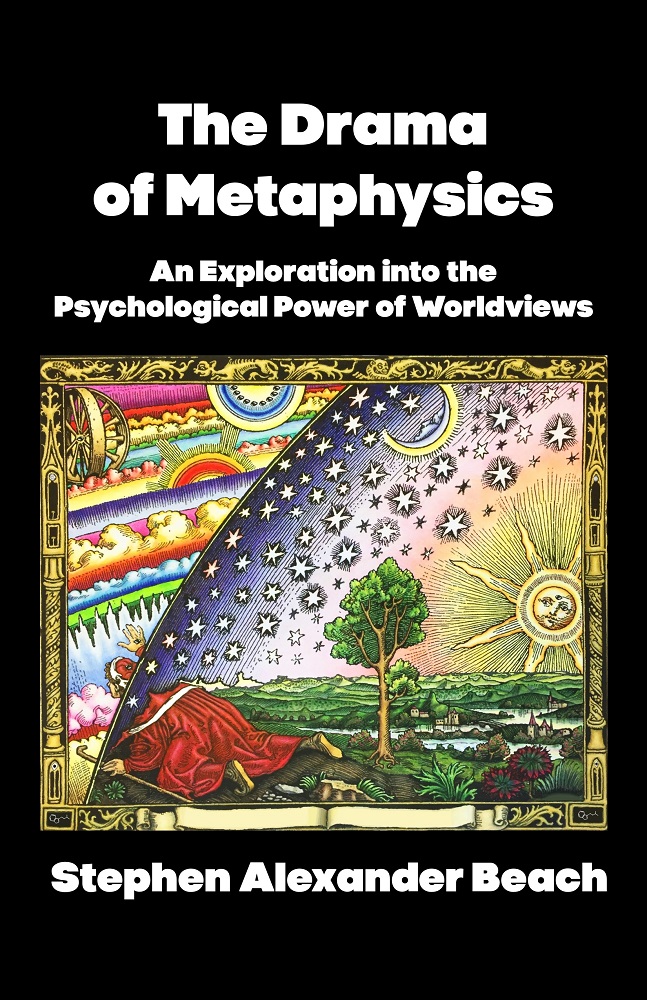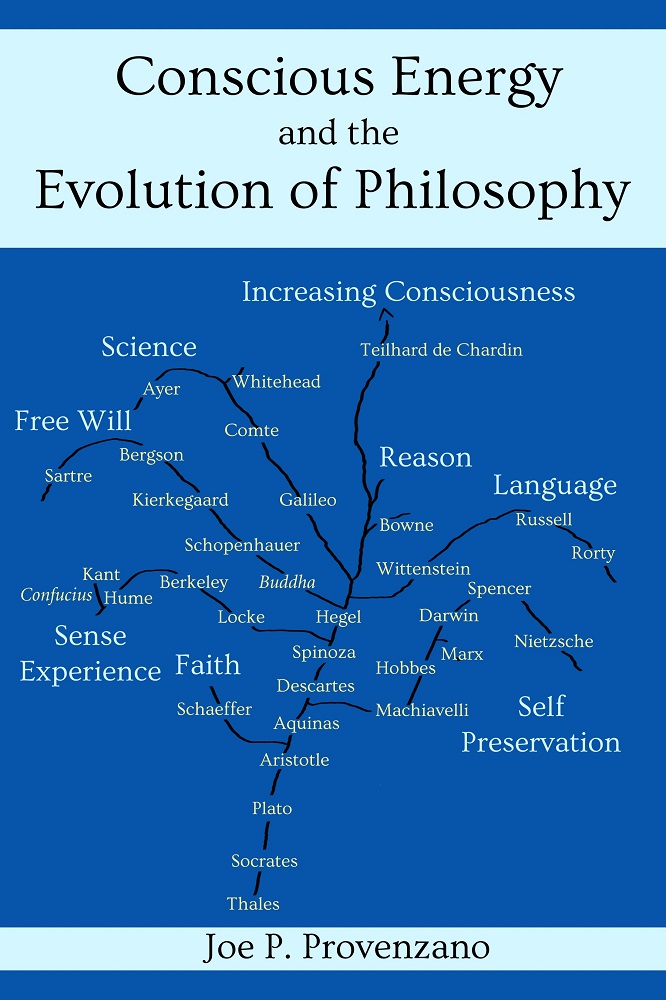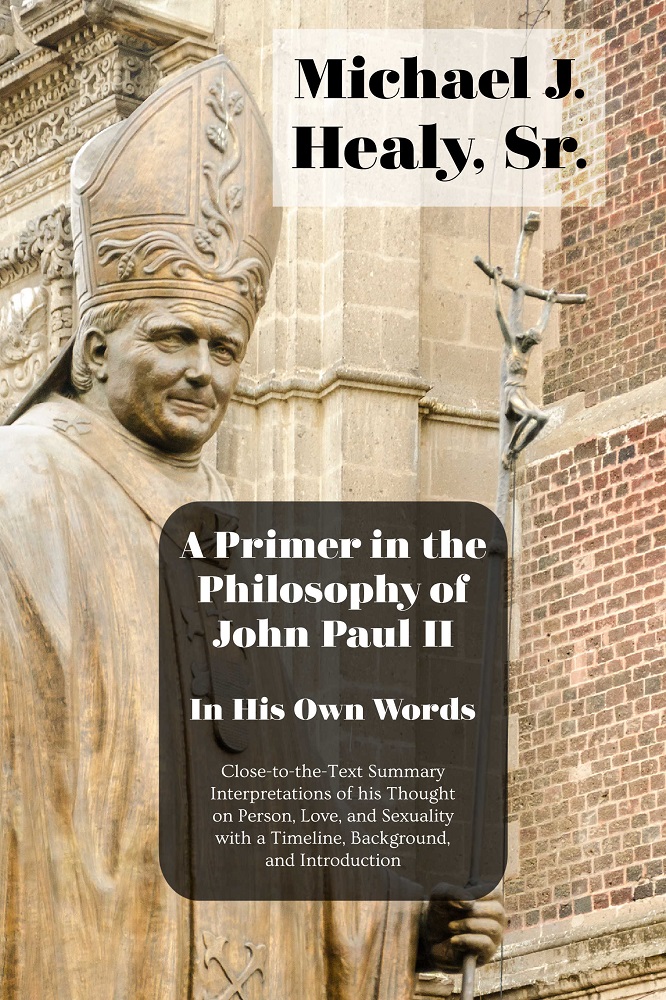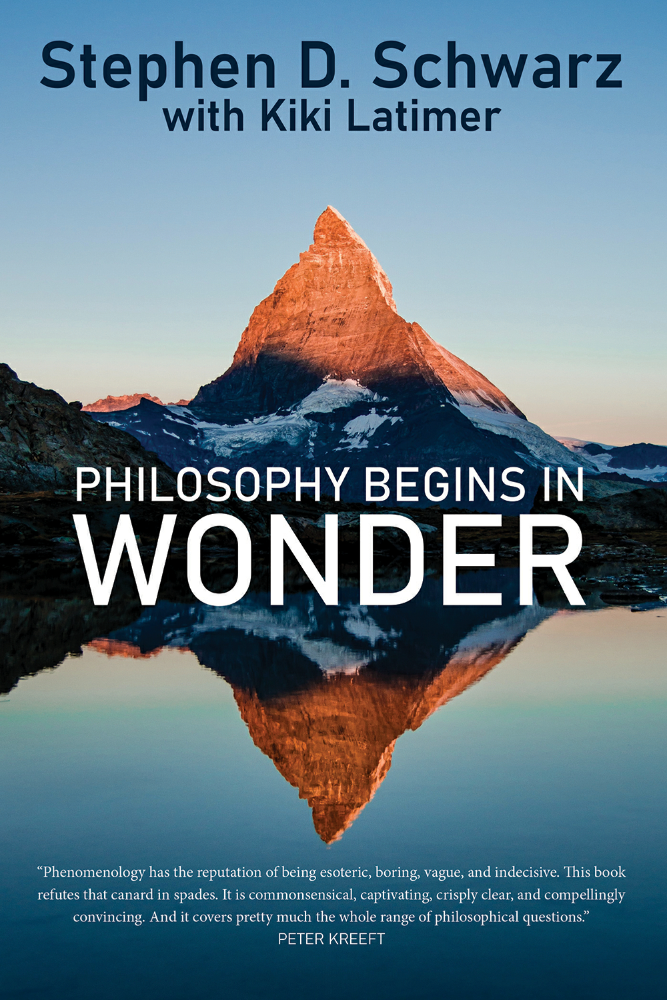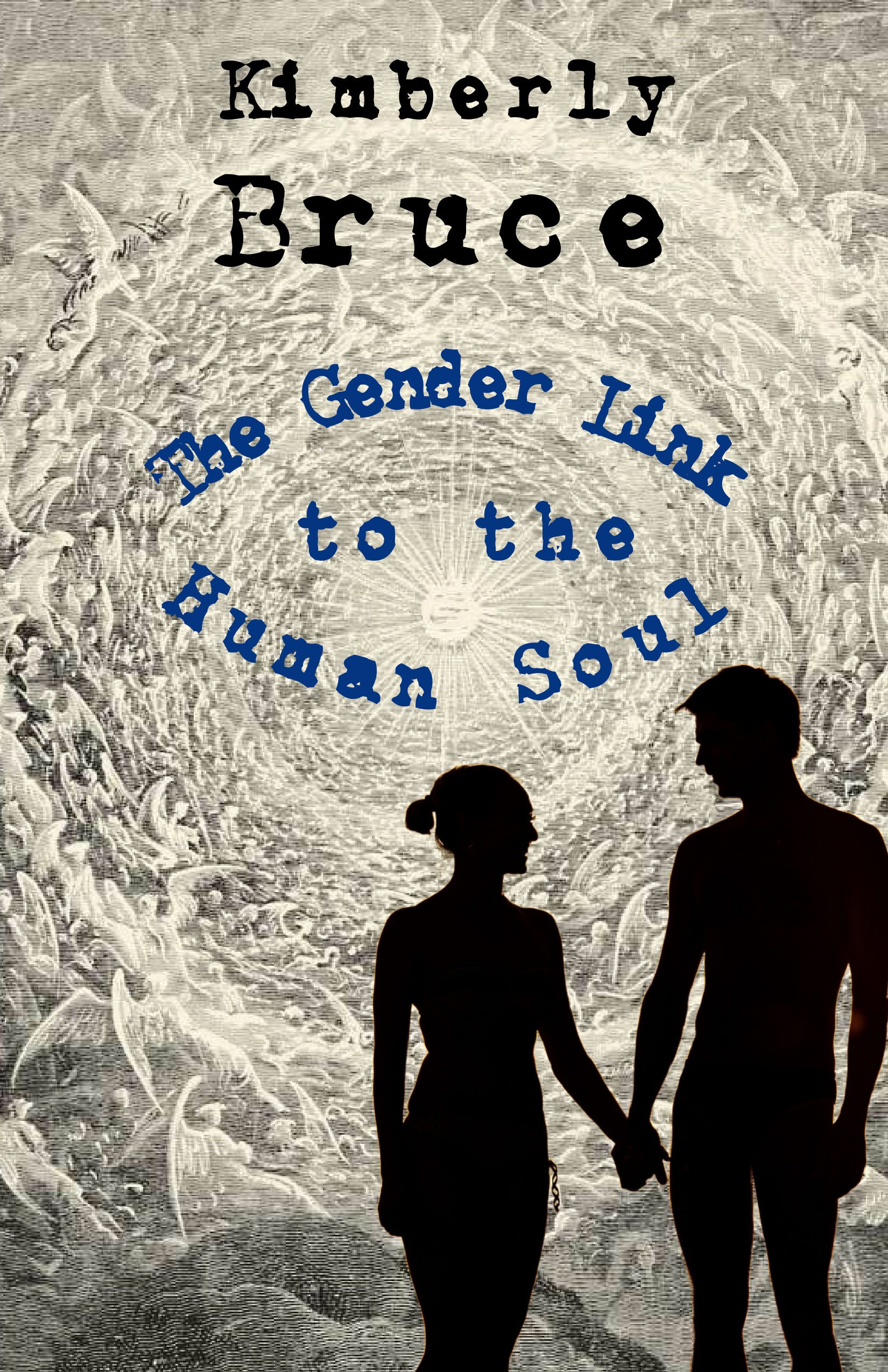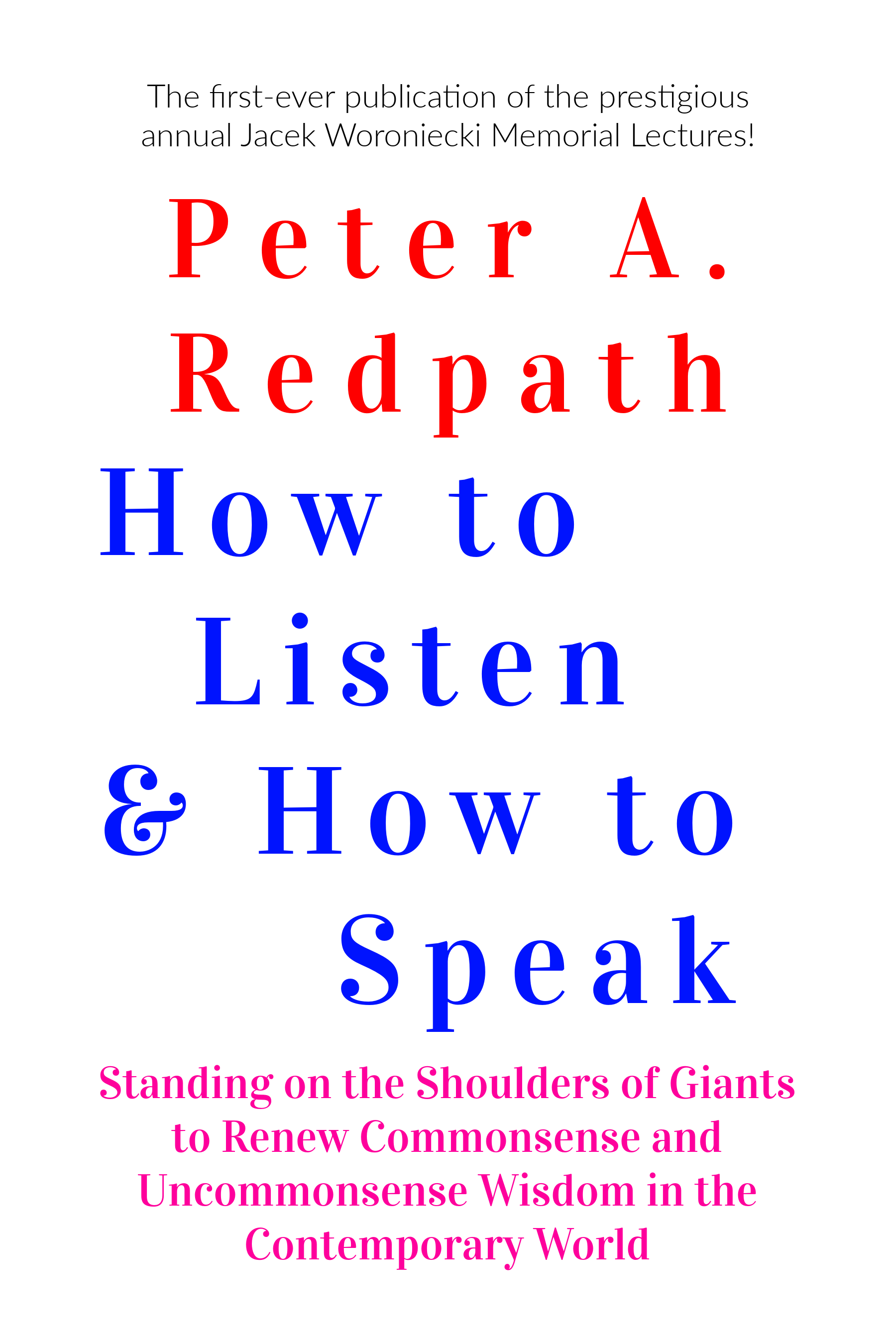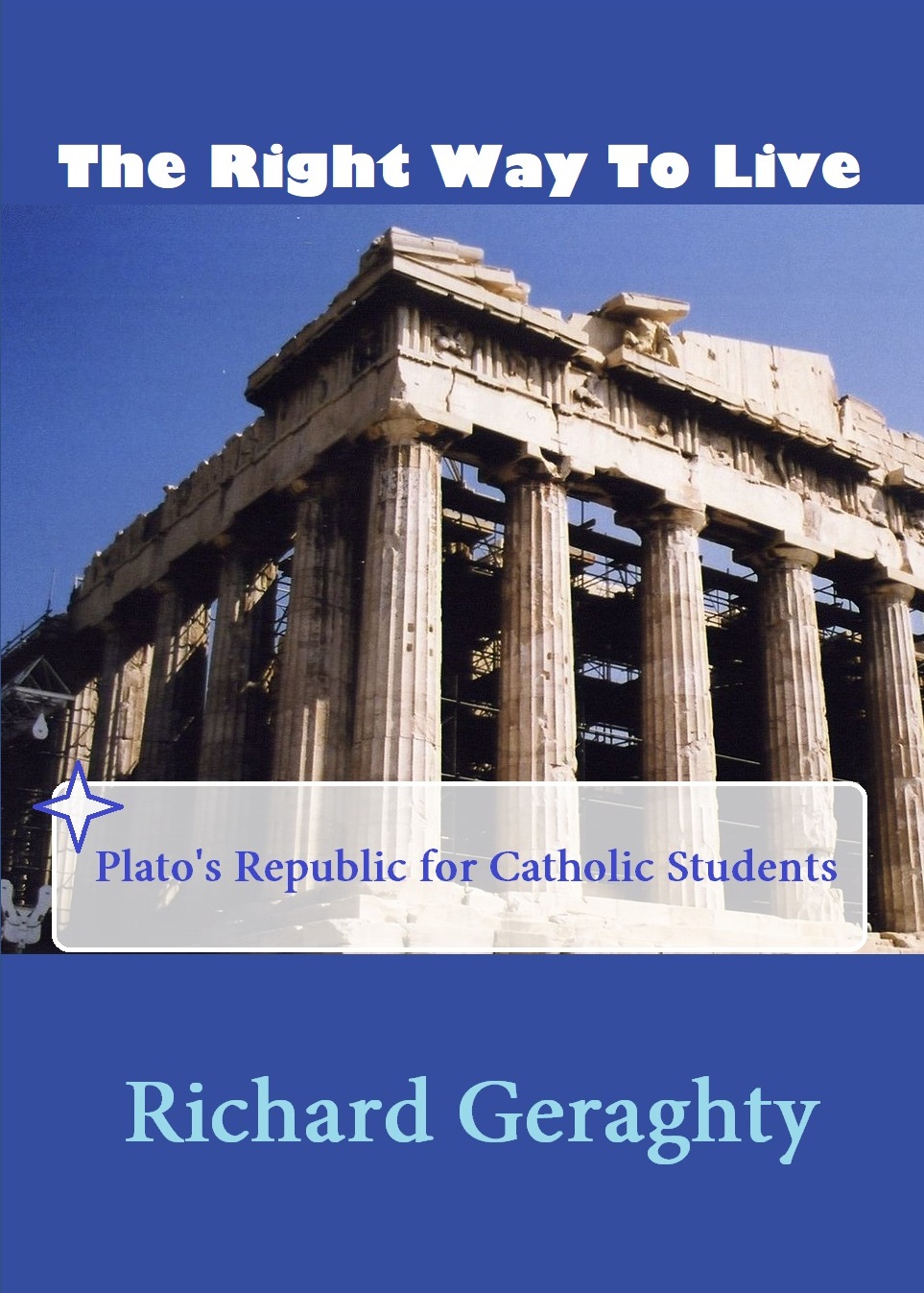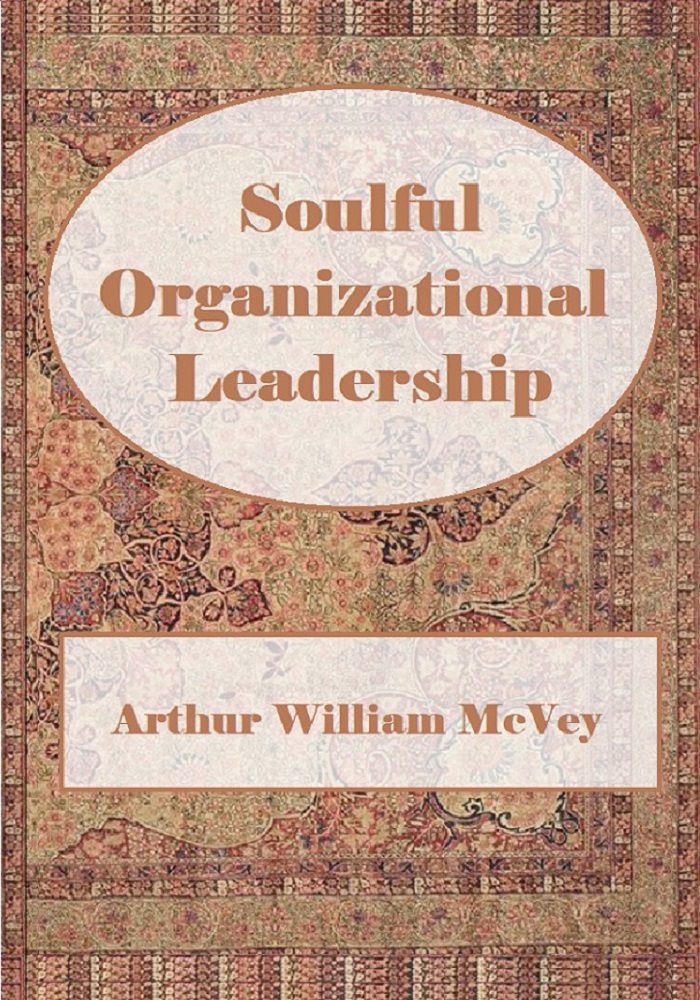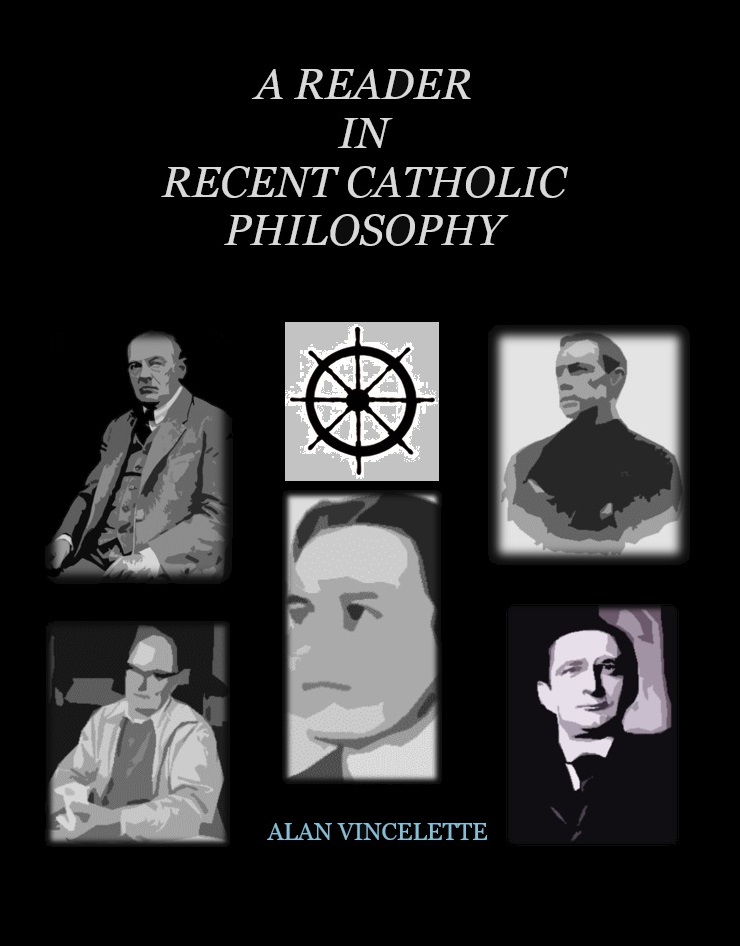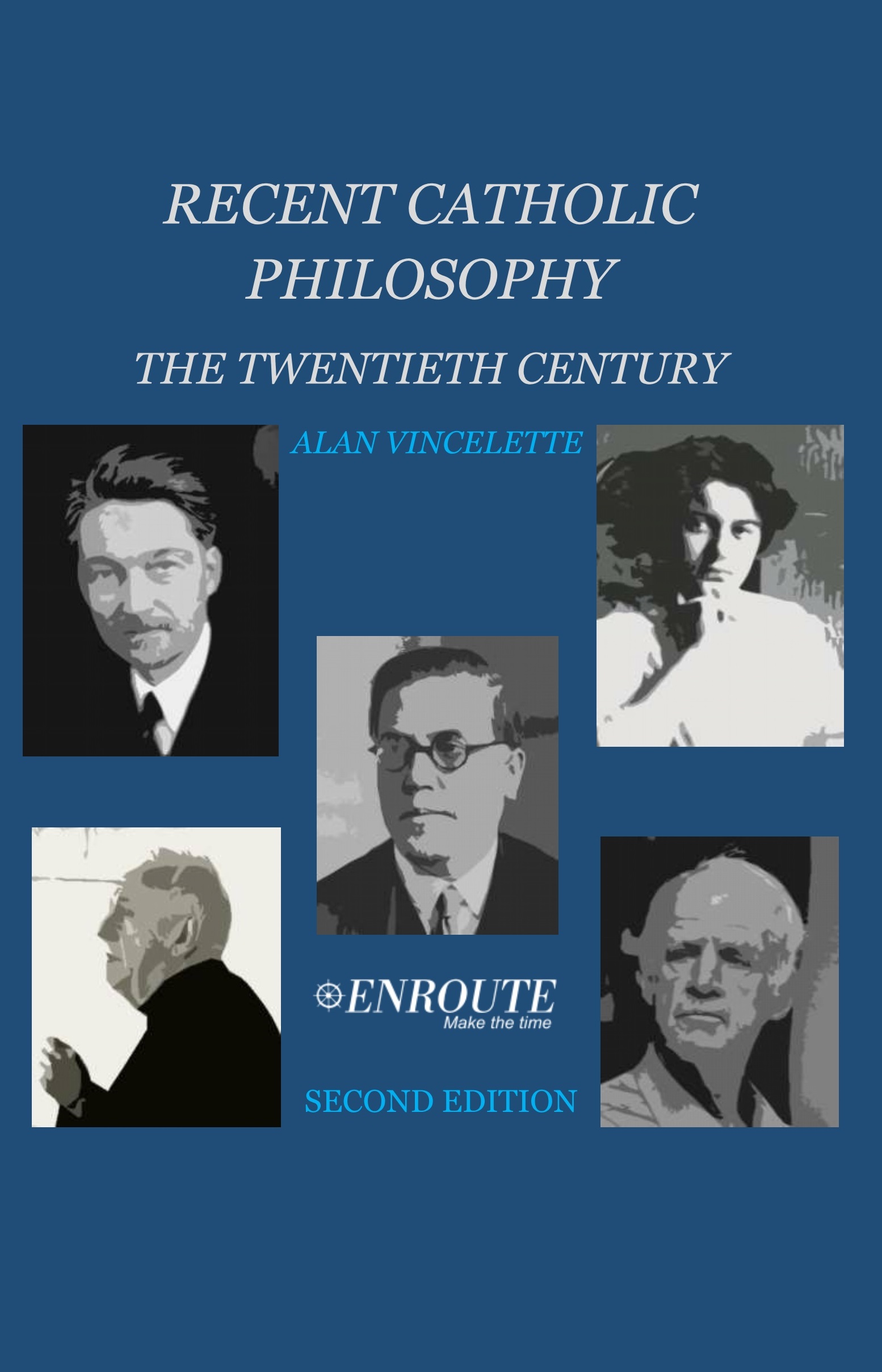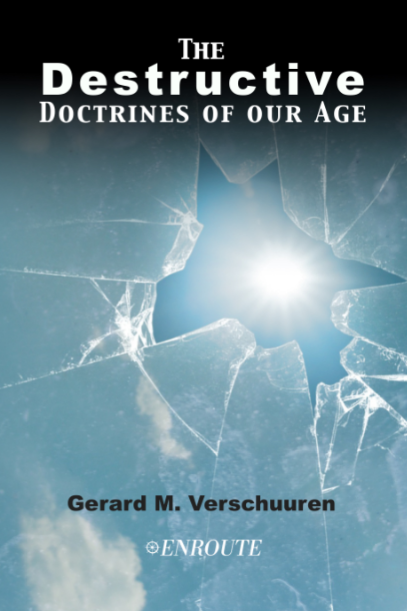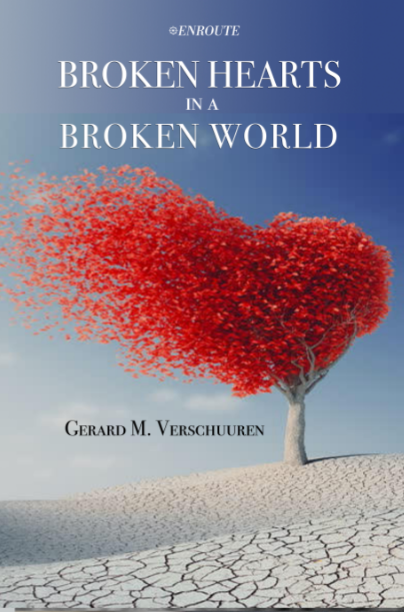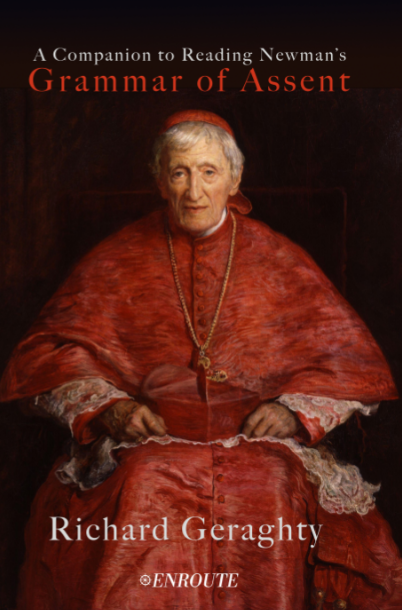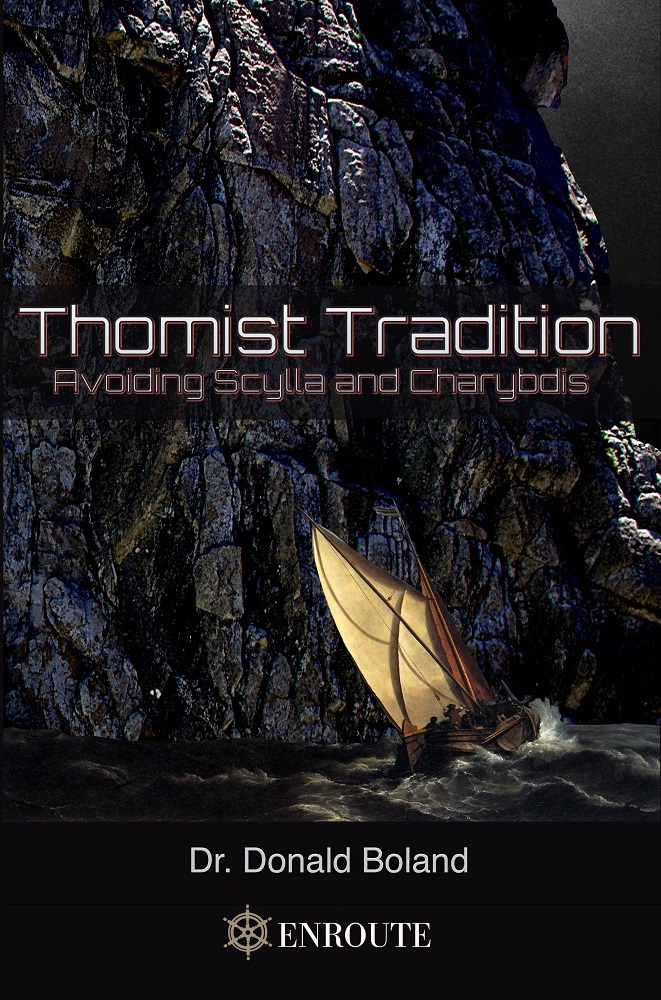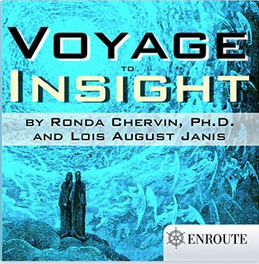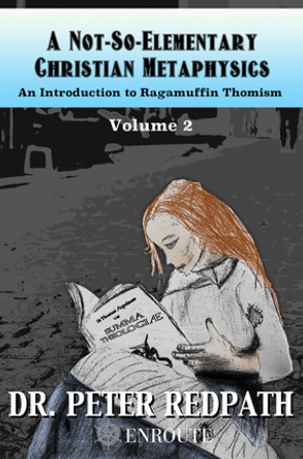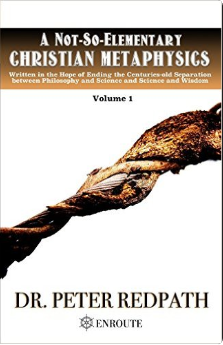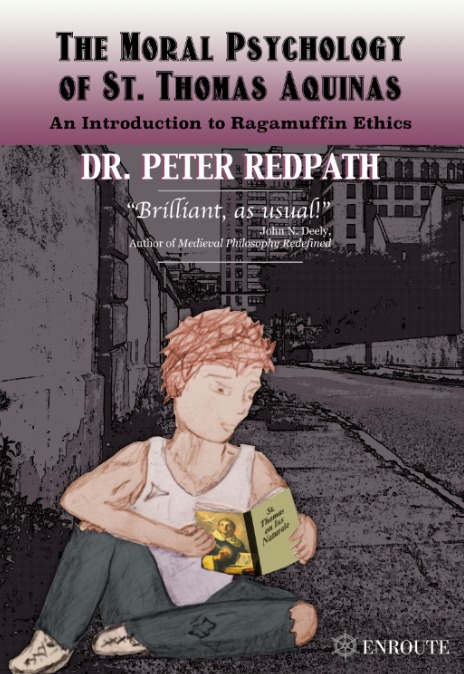Three Acts: A Commentary on Plato’s Theaetetus
by Brandon Spun
This guide to Plato’s Theaetetus is both an introduction to philosophy and an analysis of the dialogue according to the three acts of the mind. It suggests that Plato explores the problem of knowledge by means of a philosophical anthropology which presents us with one of the earliest accounts of the three acts of the mind (apprehension, judgment, and reason). By means of this philosophic anthropology, Plato delves into the character of wisdom, wonder, friendship, knowledge, ethics, and the divine. The Theaetetus and this Commentary explore these major psychological acts which allow us to understand the world. This Commentary places Plato’s dialogue in conversation with subsequent philosophy and Christian wisdom.
Paperback: $24.95 | Kindle: $9.99
TESTIMONIALS
“What is knowledge? If you think there is an easy answer to this question, then you have not read Plato, and you have certainly not read Plato‘s notoriously intricate and profound dialogue Theaetetus. This commentary—learned but not pedantic, Christian but not sectarian, rigorous but not stifling, profound but not obscure—is like having a master teacher and philosopher at your side as you read.” – Thaddeus Kozinski, author of Words, Concepts, Reality: Aristotelian Logic for Teenagers
“While The Theaetetus is not one of Plato’s most popular works in the standard repertoire of philosophical study, the topics dealt with in this dialogue could not be more timely in a culture of relativistic attempts at thought. Opinion, knowledge, truth, falsehood, being, wonder and whether ‘man is the measure of all things’ are all topics of eminent importance now (as always), and Spun’s commentary is the perfect guide to this dialogue, those profound ideas, and the answers developed by later thinkers.” – Matthew D’Antuono, author of A Fool’s Errand, The Wise Guy and the Fool, and Philosophy Fridays
“Alfred North Whitehead has stated that all philosophy since Plato is a series of footnotes on his thinking. Brandon Spun has provided an important footnote in plumbing the depths of Plato’s Theaetetus. His meticulous scholarship offers the reader an effective antidote in combating the relativism and skepticism that has captured today’s universities.” – Dr. Donald DeMarco, author of In Praise of Life and How to Flourish in a Fallen World
“Brandon Spun’s Three Acts about Plato’s Dialogue the Theaetetus is a masterpiece. It is erudite, clear, interesting and as delightful to read as it will be delightful to teach. I highly recommend it to students, philosophy teachers, and anyone eager to learn more about Plato and about truth.” – Dr. Ronda Chervin, Ph.D., emerita Professor of Philosophy, Holy Apostles College and Seminary, and author of numerous books about Catholic thinking.
“The famous quote from Socrates: ‘The unexamined life is not worth living’, has special application to this commentary by Brandon Spun on Plato’s Dialogue ‘Theaetetus’, in which Socrates begins to examine the question “What is knowledge?” For us humans to live is to know. So, in the context of this question what Socrates affirms might just as well be put: ‘The knowledge that we acquire without subjecting its fundamental meaning to intelligent examination (and in debate with others, to cross examination, as Socrates insisted on) is not worth knowing’. That is what Socrates, Plato and Aristotle meant by engaging in philosophy. The sad situation of modern education, then, has to be that the mountain of scientific and technical knowledge that we have accumulated, useful as it may be in particular ways, but lacking not just wisdom but even a desire for it (philo-sophia), is truly not worth knowing in the condition in which we possess it. At the end we ask: what does it all mean for human life? That is why modern ‘educated’ youth feel so frustrated, and rebellious. This does not mean that there is no worth in such science and technology, but it needs to be grounded on the more fundamental knowledge of wisdom. That is what the whole effort of the Socratics was about. More relevantly to the Christian, we know that even these geniuses cannot carry us to the knowledge that finally satisfies. It is only by our Christian Faith (and grace) that we can have practical wisdom, even at the level of reason, concerning the meaning of life and how we should live, as Aquinas shows. Socrates only begins the examination, which is what Aristotle meant by Dialectic. But the aim of philosophy is to obtain what true knowledge is. The point of Socrates’s statement is that if we do not seek, we will not find. As for embarking on the particular enquiry regarding the nature of knowledge, Plato’s Dialogue is as good a place to start as any. If Brandon’s book does nothing more than encourage us, especially our youth, to recover Socrates’ desire to examine what is most important in life to understand, then it has done a great service.” – Dr. Donald Boland, author of Economic Science and St. Thomas Aquinas: On Justice in the Distribution and Exchange of Wealth and The Thomist Tradition: Avoiding Scylla and Charybdis
ABOUT THE AUTHOR
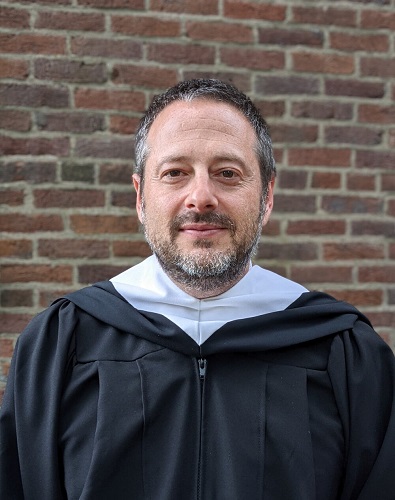 Brandon Spun was born in Penn Valley, PA during a snowstorm in February. He grew up on Long Island, NY, and received an undergraduate degree in English and Philosophy from SUNY Geneseo. He holds an MA in Liberal Arts from St. John’s in Annapolis, an MA in Philosophy from Holy Apostles College and Seminary, and he is currently enrolled as a doctoral candidate in Humanities at Faulkner University. His intellectual interests include literature, ancient philosophy, ethics, and the Liberal Arts in general. A few idiosyncratic favorites include Russian Authors, Edith Nesbit, Robert Louis Stevenson, and Jane Austen. He has two children and lives in Tennessee. He is currently the Dean of Academics at New College Franklin where he has taught for over a decade.
Brandon Spun was born in Penn Valley, PA during a snowstorm in February. He grew up on Long Island, NY, and received an undergraduate degree in English and Philosophy from SUNY Geneseo. He holds an MA in Liberal Arts from St. John’s in Annapolis, an MA in Philosophy from Holy Apostles College and Seminary, and he is currently enrolled as a doctoral candidate in Humanities at Faulkner University. His intellectual interests include literature, ancient philosophy, ethics, and the Liberal Arts in general. A few idiosyncratic favorites include Russian Authors, Edith Nesbit, Robert Louis Stevenson, and Jane Austen. He has two children and lives in Tennessee. He is currently the Dean of Academics at New College Franklin where he has taught for over a decade.
OTHER CATHOLIC PHILOSOPHY BOOKS
Common Sense for a World of Common Nonsense by Donald DeMarco
Common Sense for a World of Common Nonsense by Dr. Donald DeMarco In Common Sense for a World of Common Nonsense, Dr. Donald DeMarco examines modern moral confusion through sharp, philosophical essays that contrast virtue with ideology. Divided into “Common Nonsense”...
The Invention of Philosophical Rationality: An Introduction to Philosophy by Way of the Presocratics by Fulvio Di Blasi
The Invention of Philosophical Rationality: An Introduction to Philosophy by Way of the Presocratics By Fulvio di Blasi Fulvio Di Blasi’s The Invention of Philosophical Rationality explores the foundational role of Presocratic philosophy in shaping Western thought....
Covid 19 and the War Against Reality by Thaddeus J. Kozinski, Ph.D.
Covid 19 and the War Against Reality By Thaddeus Kozinski, Ph.D. This book puts into spiritual, theological, philosophical, psychological, moral, historical, cultural, and political perspective the incredible evil we have witnessed and suffered over the past four...
From the Law of Nations to the Emergence of International Law by Jean-Paul Coujou
From the Law of Nations to the Emergence of International Law by Jean-Paul Coujou In this book, Jean-Paul Coujou explores the historical evolution of international law from antiquity through modernity. He traces the development of the law of nations (ius gentium),...
Without God Nothing Makes Sense by Donald DeMarco
Cover image copyright: "Lord, that I may see," the Estate of William Kurelek, courtesy of the Wynick/Tuck Gallery, Toronto.Without God Nothing Makes Sense by Dr. Donald DeMarco Donald DeMarco’s Without God Nothing Makes Sense argues that removing God from public...
A Beginner’s Guide to Understanding St. Thomas Aquinas’s Teaching about the Actual Composition of Essence and Esse in Created Beings by Peter Anthony Achilles Redpath
A Beginner’s Guide to Understanding St. Thomas Aquinas’s Teaching about the Actual Composition of Essence and Esse in Created Beings by Dr. Peter Anthony Achilles Redpath This book explores St. Thomas Aquinas’s metaphysical principles, focusing on the relationship...
Essays on the Life and Work of Étienne Gilson: Christian Humanist and Global Peacemaker by Peter Redpath
Essays on the Life and Work of Étienne Gilson: Christian Humanist and Global Peacemaker by Dr. Peter Anthony Achilles Redpath The book of essays offers a comprehensive exploration of the intellectual life of Étienne Gilson, generally considered to be the leading...
A Handbook on How Prudential Common Sense Can Save the World from Imminent Collapse by Peter Redpath
A Handbook on How Prudential Common Sense Can Save the World from Imminent Collapse by Dr. Peter Anthony Achilles Redpath Ever since the start of the twentieth century, and especially toward the rise and end of World War II, some Western intellectuals started to...
Proofs for God–Some New Approaches: A Catholic Philosopher Defends Elements of Classical Proofs, While Also Offering Somewhat Novel Metaphysical Demonstrations by Dennis Bonnette
Proofs for God--Some New Approaches: A Catholic Philosopher Defends Elements of Classical Proofs, While Also Offering Somewhat Novel Metaphysical Demonstrations by Dennis Bonnette, Ph.D. Proofs for God--Some New Approaches explains and defends the metaphysical first...
Man’s Nature–Spiritual, Immortal, and Free: A Catholic Philosopher Defends the Human Spiritual Soul and Presents Unique Analysis of Modern Ape-Language Research by Dennis Bonnette
Man's Nature--Spiritual, Immortal, and Free: A Catholic Philosopher Defends the Human Spiritual Soul and Presents Unique Analysis of Modern Ape-Language Research by Dennis Bonnette, Ph.D. Man's Nature--Spiritual, Immortal, and Free is a work of philosophical...
Foundations for Universal Certitudes: A Catholic Philosopher Defends Metaphysical First Principles that Firmly Support Traditional Aristotelian-Thomistic Sciences by Dennis Bonnette
Foundations for Universal Certitudes: A Catholic Philosopher Defends Metaphysical First Principles that Firmly Support Traditional Aristotelian-Thomistic Sciences by Dennis Bonnette, Ph.D. Foundations for Universal Certitudes demonstrates the apodictic certainty of...
Revealed Mysteries Rationally Defended: A Catholic Philosopher Explains and Defends Several Central Revealed Truths by Dennis Bonnette
Revealed Mysteries Rationally Defended: A Catholic Philosopher Explains and Defends Several Central Revealed Truths by Dennis Bonnette, Ph.D. Revealed Mysteries Rationally Defended addresses the metaphysics of miracles and the manner in which supernatural grace...
God’s Nature and Relation to Creatures: A Catholic Philosopher Explains Divine Attributes, Problem of Evil, and Natural Law Ethics
God’s Nature and Relation to Creatures: A Catholic Philosopher Explains Divine Attributes, Problem of Evil, and Natural Law Ethics by Dennis Bonnette, Ph.D. God's Nature and Relation to Creatures aims primarily at helping readers understand that the nature and...
Atheistic Materialism’s Unseen Errors: A Catholic Philosopher Exposes Naturalism’s Incoherent Worldview by Dennis Bonnette
Atheistic Materialism’s Unseen Errors: A Catholic Philosopher Exposes Naturalism’s Incoherent Worldview by Dennis Bonnette, Ph.D. Atheistic Materialism's Unseen Errors, written in purely rational terms of how reality actually is constituted in ways that materialism...
The Development of Political Theory by Richard Bishirjian
The Development of Political Theory: A Critical Analysis by Richard Bishirjian Students of political science properly hunger for comprehensive approaches to political theory which place in theoretical perspective the major ideas which govern the world today. This...
Assertions and Refutations II An Assessment of “A Secular Age” by Charles Taylor, authored by Donald G. Boland
Assertions and Refutations II: An Assessment of “A Secular Age” by Charles Taylor by Dr. Donald G. Boland This book is as stated on its cover an assessment of a book by Charles Taylor entitled “A Secular Age” published in 2007. It serves mainly as a critique of...
Analysing the Errors and Exposing the Real Agenda of Pierre Teilhard de Chardin, S.J.: The Selected Works of Frits Albers, Vol. 1
Analysing the Errors and Exposing the Real Agenda of Pierre Teilhard de Chardin, S.J.: The Selected Works of Frits Albers, Vol. 1 by Frits Albers, edited with a Foreword by Frank Calneggia Selected for publication in this present volume are four of the principal works...
Four Catholic Philosophers: Rejoicing in the Truth (Jacques Maritain, Edith Stein, Dietrich von Hildebrand, Karol Wojtyła)
Four Catholic Philosophers: Rejoicing in the Truth (Jacques Maritain, Edith Stein, Dietrich von Hildebrand, Karol Wojtyła) by Richard A. Spinello This book unfolds the intersecting life stories of four important Catholic philosophers of the 20th century, namely,...
Metaphysics, Truth and St. Thomas Aquinas
Metaphysics, Truth and St. Thomas Aquinas by Dr. Donald G. Boland In studying natural wisdom, Dr. Boland takes a look at how Aristotle defends the principle of non-contradiction, focusing on the great philosopher's treatment of the causes that prompted the ancients to...
Thomas of the Creator
Thomas of the Creator by Dr. Donald G. Boland Based on the works of St. Thomas, in particular his two Summas and his commentaries on Aristotle’s Physics and Metaphysics, this book is divided into three parts; 1) The Existence of God; 2) His Essence; 3) His Attributes,...
Metaphysics/Ontology and St. Thomas Aquinas (Twenty Readings in Wisdom Forsaken)
Metaphysics/Ontology and St. Thomas Aquinas by Dr. Donald G. Boland With this book the author moves from what Aristotle and Aquinas called the order of practical studies to the theoretical. At their highest levels it is from the ethical to the metaphysical. To the...
Rational Responses to Skepticism: A Catholic Philosopher Defends Intellectual Foundations for Traditional Belief by Dennis Bonnette, Ph.D.
Rational Responses to Skepticism: A Catholic Philosopher Defends Intellectual Foundations for Traditional Belief by Dennis Bonnette, Ph.D. Following an avalanche of spirited criticism from skeptics, agnostics, and atheists, who have provided forceful intellectual...
Political Science and Saint Thomas Aquinas
Political Science and Saint Thomas Aquinas by Dr. Donald G Boland This book seeks to provide a relatively complete basis for the understanding of political science as presented by Aristotle, with the help of Saint Thomas Aquinas mainly by way of his (partial)...
Ethics Today and Saint Thomas Aquinas
Ethics Today and Saint Thomas Aquinas: A Complete Course on Moral Philosophy for Our Time and All Times by Dr. Donald G. Boland This book seeks to provide a complete moral philosophy based on the works of St. Thomas Aquinas. The first part deals with the principles or...
Assertions and Refutations: An Assessment of Dr Tracey Rowland’s Natural Law: From Neo Thomism to Nuptial Mysticism
Assertions and Refutations: An Assessment of Dr Tracey Rowland’s Natural Law: From Neo Thomism to Nuptial Mysticism by Frank Calneggia This book unties the philosophical knot of Dr Tracey Rowland’s assertions concerning the natural moral law, Faith and reason, nature...
Natural Law – Australian Style
Natural Law - Australian Style: A Study in Disputation focusing on the Work of Peter Singer, John Finnis and Tracey Rowland by Dr. Donald G. Boland This book is a critique of the three most prominent Australian "authorities" on Law and Ethics of the present day,...
The Drama of Metaphysics: An Exploration into the Psychological Power of Worldviews
The Drama of Metaphysics: An Exploration into the Psychological Power of Worldviews by Stephen Alexander Beach Western Philosophy has been a 2500-year conversation attempting to understand the reality which lies beyond the changing physical appearances of the world....
The Battle for the 20th Century Mind by Ronda Chervin
The Battle for the 20th Century Mind by Ronda Chervin TBA Paperback: $19.95 | Kindle: $9.99 Reviews A review of Dr. Ronda Chervin’s, The Battle for the 20th Century Mind (St. Luis, MO: En Route Books and Media, 2022) by Francis Etheredge Ronda Chervin sets out her...
Conscious Energy and the Evolution of Philosophy
Conscious Energy and the Evolution of Philosophy by Joe P. Provenzano This is a book about philosophy, but it is a book for everyone—everyone who has ever wondered about the meaning of the universe and human life—because it provides answers to two fundamental...
A Primer in the Philosophy of John Paul II–In His Own Words
A Primer in the Philosophy of John Paul II--In His Own Words by Dr. Michael J. Healy To aid students in comprehending the Holy Father's thought, Dr. Healy provides close-to-the-text summary interpretations of Saint John Paul II's major philosophical works, condensing...
Philosophy Begins in Wonder
Philosophy Begins in Wonder by Stephen D. Schwarz with Kiki Latimer This book is the compilation of over fifty years of teaching Ethics, Metaphysics, Epistemology, Philosophy of the Person, and Virtue Ethics in the classroom setting. Philosophy Begins in Wonder offers...
The Gender Link to the Human Soul by Kimberly Bruce
The Gender Link to the Human Soul by Kimberly Bruce The Gender Link to the Human Soul establishes gender as an element of the soul retained in this life and for all eternity. This is demonstrated in the brilliant philosophical insights of Thomas Aquinas and John Paul...
How to Listen & How to Speak by Dr. Peter Redpath
How to Listen & How to Speak: Standing on the Shoulders of Giants to Renew Commonsense and Uncommonsense Wisdom in the Contemporary World by Dr. Peter Redpath While the subject of this monograph is chiefly human communication in the form of listening and speaking,...
Words, Concepts, Reality: Aristotelian Logic for Teenagers
Words, Concepts, Reality: Aristotelian Logic for Teenagers By Thaddeus Kozinski, Ph.D. When we hear the word logic, we tend to think of arguments, premises and conclusions, claims and evidence for claims. But this is only half of it. Arguments are made of words, and...
The Right Way to Live: Plato’s Republic for Catholic Students by Richard Geraghty
The Right Way to Live: Plato's Republic for Catholic Students by Richard Geraghty Plato's philosophical dialogues provide a solid understanding of Catholic moral principles. Geraghty shows within these pages how the truths of the old sage are both delightfully and...
Soulful Organizational Leadership by Arthur William McVey
Soulful Organizational Leadership by Arthur William McVey In the "Postmodern" organizational era, the concept of soul, spirituality, rationality, telos, virtue, happiness, and meaning is becoming increasingly a mainstream component in scientific psychology. This...
A Reader in Recent Catholic Philosophy, ed. by Dr. Alan Vincelette
A Reader in Recent Catholic Philosophy: The Twentieth Century Ed. by Alan Vincelette This presentation of readings in Catholic philosophy in the twentieth-century reveals a remarkable diversity of views. Dr. Vincelette presents this diversity in the selection of...
Recent Catholic Philosophy: The Twentieth Century
Recent Catholic Philosophy: The Twentieth Century by Alan Vincelette This presentation of Catholic philosophy in the twentieth-century reveals a remarkable diversity of views. Dr. Vincelette presents this diversity in an expository manner without applying the kind of...
The Destructive Doctrines of our Age by Gerard M. Verschuuren
The Destructive Doctrines of Our Age by Gerard M. Verschuuren There are many doctrines around that try to change and mold our minds—doctrines such as relativism and secularism, to name just a couple, but this book discusses 13 more. These doctrines are rather...
Broken Hearts in a Broken World by Gerard M. Verschuuren
Broken Hearts in a Broken World by Gerard M. Verschuuren Brokenness has become endemic in our days. In poll after poll, the vast majority of respondents say that our country is fundamentally broken. Our political system is broken. Our economy is broken. Our very...
A Companion to Reading Newman’s Grammar of Assent by Richard Geraghty
A Companion to Reading Newman's Grammar of Assent by Richard Geraghty In this book A Companion to Reading Newman’s Grammar of Assent, Richard Geraghty explains Newman’s truths by illustrating them as they pertain to contemporary Catholic issues. Through his personal...
The Thomist Tradition: Avoiding Scylla and Charybdis
The Thomist Tradition: Avoiding Scylla and Charybdis by Dr. Donald G Boland As with every great philosopher and theologian, the thought of St. Thomas Aquinas, though perhaps the clearest expressed of all, has inevitably been subject to a variety of interpretations....
Voyage to Insight
Voyage to Insight by Dr. Ronda Chervin En Route Books and Media has reprinted Ronda Chervin and Lois Janis’ book Voyage to Insight with fresh, exciting graphics. It can be read straight through or you can add your own insights into the book and even dialogue about...
A Not-So-Elementary Christian Metaphysics, Volume 2: An Introduction to Ragamuffin Thomism
A Not-So-Elementary Christian Metaphysics, Volume 2: An Introduction to Ragamuffin Thomism by Dr. Peter Redpath Nothing short of a metaphysical disturbance and metaphysical revolution of the highest order can resolve the West’s and the world’s current cultural,...
A Not-So-Elementary Christian Metaphysics, Volume 1: Written in the Hope of Ending the Centuries-old Separation between Philosophy and Science and Science and Wisdom
A Not-So-Elementary Christian Metaphysics, Volume 1: Written in the Hope of Ending the Centuries-old Separation between Philosophy and Science and Science and Wisdom by Dr. Peter Redpath This book’s chief aim is novel and radical: to reunite philosophy, science, and...
The Moral Psychology of St. Thomas Aquinas: An Introduction to Ragamuffin Ethics
The Moral Psychology of St. Thomas Aquinas: An Introduction to Ragamuffin Ethics by Dr. Peter Redpath Through a radical reinterpretation of classical philosophy as an organizational psychology, The Moral Psychology of St. Thomas: An Introduction to Ragamuffin...
